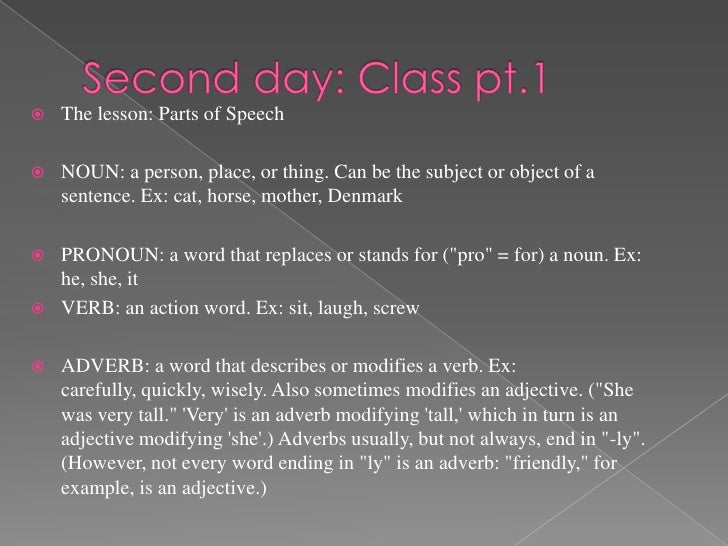

But reading it is an entirely different experience. It’s one thing to verbally hear a story told in this fashion. And this one seagull stole some guy's fries while he was trying to eat them! And it scared the guy so much, he jumped nearly ten feet in the air!” And while we were on the beach, we saw lots of seagulls and other birds. “My friend and I went to the beach yesterday. But they weren’t as good as the ones we were going to get.” But we had to go somewhere else to get them. “We wanted to go to get burgers and they weren’t open. If you haven’t-well, these two examples will help provide some insight… Think about it-have you listened to a child or teenager talk for any extended amount of time? If you have, then you can understand exactly what these teachers were trying to avoid. While there is no definitive answer as to why we were taught this “rule,” the explanation that makes the most sense was that it was meant to prevent kids from writing the way they talk. Realizing now, ten, twenty, or even thirty years or more later that you were lied to might be frustrating-but your teachers really did have your best interests in mind. Why Were We All Taught a Rule that Doesn’t Exist? They are almost always better than beginning with however or additionally.” - Professor Jack Lynch, Associate Professor of English, Rutgers University, New Jersey “Contrary to what your high school English teacher told you, there’s no reason not to begin a sentence with but or and in fact, these words often make a sentence more forceful and graceful. However, the ones we were specifically taught to avoid starting a sentence with are “and” and “but.” The good news is, you can rest easy knowing that there is no true grammar rule that says you can’t ever start a sentence with one of these conjunctions. There are seven coordinating conjunctions:

“And” and “but” are called coordinating conjunctions and are a part of a much longer list of words. However, after so many years, do you remember what the function of a conjunction really is? It might seem obvious-a conjunction connects two thoughts or ideas. Ever had the tune to “Conjunction Junction” stuck in your head for no apparent reason? You’re not alone. After all, there is a time and place for everything, right?įirst, let’s take a quick jump down memory lane to those Schoolhouse Rock! tapes you watched when the substitute teacher didn’t know the subject. The truth is, it’s okay to start a sentence with the words “and” or “but”-if you do it correctly.

When Is It Okay to Start a Sentence with “And” or “But”?.Why Were We All Taught a Rule that Doesn’t Exist?.


 0 kommentar(er)
0 kommentar(er)
